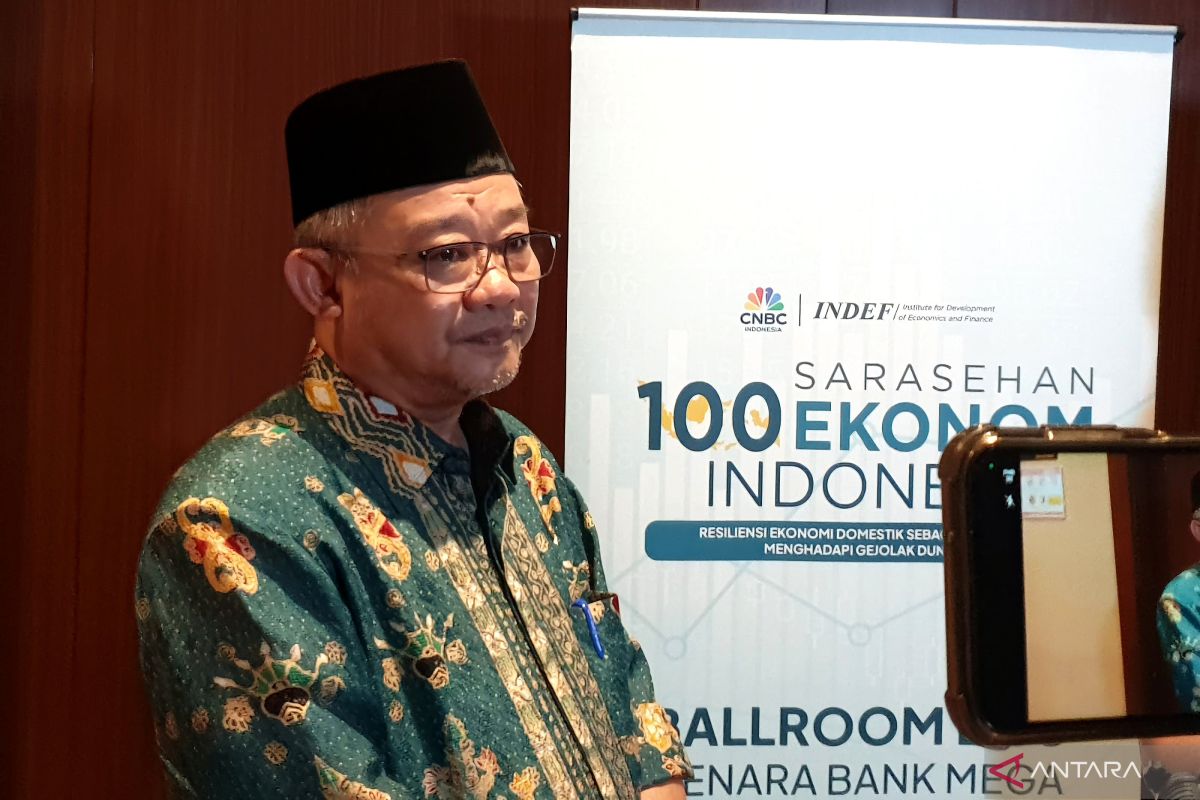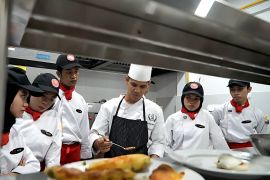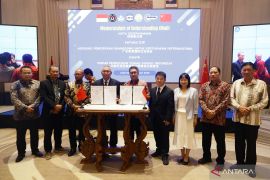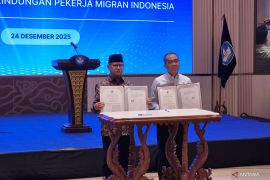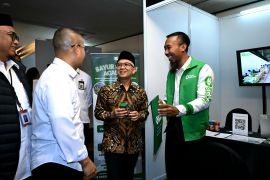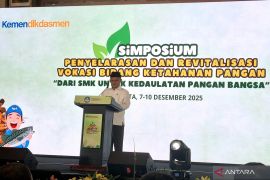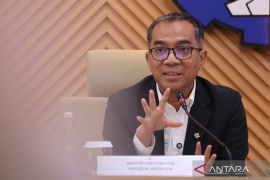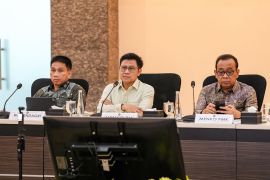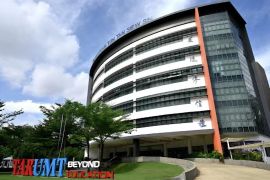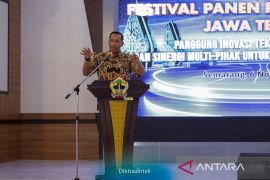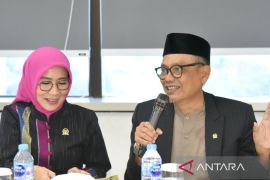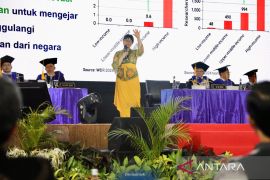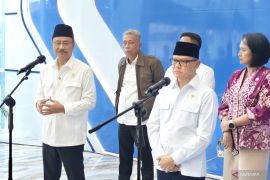Minister of Primary and Secondary Education Abdul Mu’ti said here on Wednesday that strengthening vocational education is aimed at meeting Indonesia’s labor market demands.
One of the initiatives is the development of SMKs based on local strengths. Schools are encouraged to tailor their curricula to local industries, for example, focusing on coffee or tea production in regions known for these commodities.
The second initiative is the four-year program, which provides students with more intensive preparation for the workforce.
“In Semarang, SMK Pembangunan has had a four-year program since the beginning. The final year is focused on preparing students for work, similar to a D1 (diploma-1) program, but they still graduate as high school students,” Mu’ti explained.
Additionally, the Ministry has established partnerships with businesses and industries to provide students with practical training or specialized courses aligned with market needs.
This approach allows students to adjust their learning content, duration, and methods to better meet workforce demands.
For instance, fostering partnerships with a fishing company, where students receive hands-on training on ship refrigeration systems.
Finally, the ministry has partnered with the Ministry of Migrant Workers Protection to prepare SMK graduates for overseas employment. Hundreds of schools now have agreements with companies in countries such as Japan, South Korea, and Taiwan.
Mu’ti emphasized that these strategies are not new programs, as they have been actively implemented for over a year.
Related news: Nearly 900,000 students enrolled in Indonesia’s vocational colleges
Related news: Ministries collaborate to enhance students' environmental literacy
Related news: Indonesia seeks Swiss partnership to advance vocational schools
Translator: Hana, Kenzu
Editor: Azis Kurmala
Copyright © ANTARA 2025
